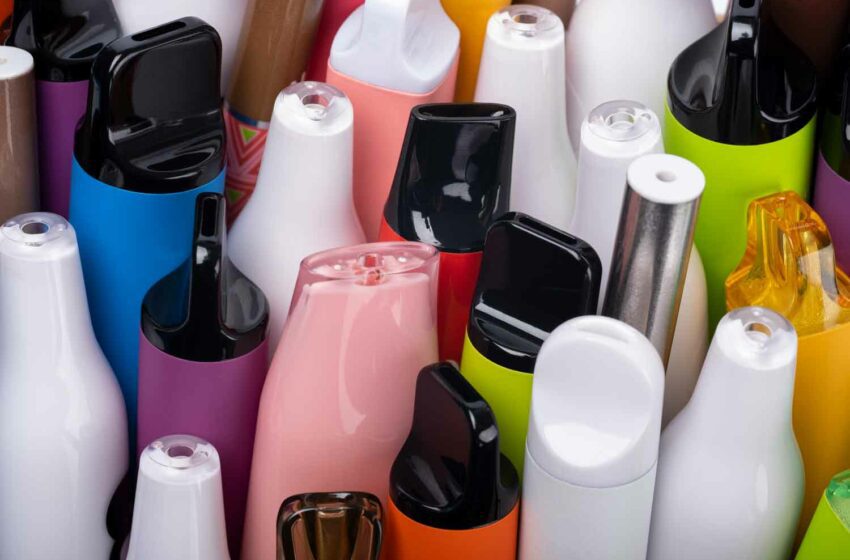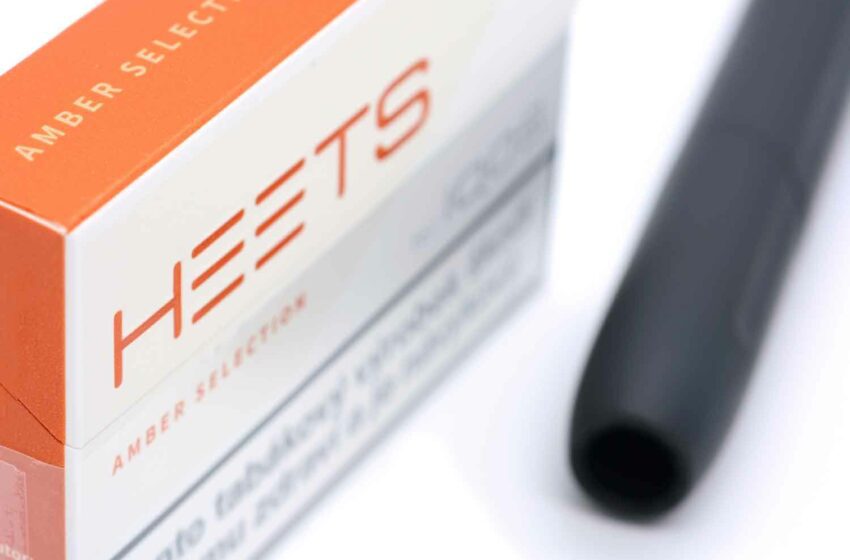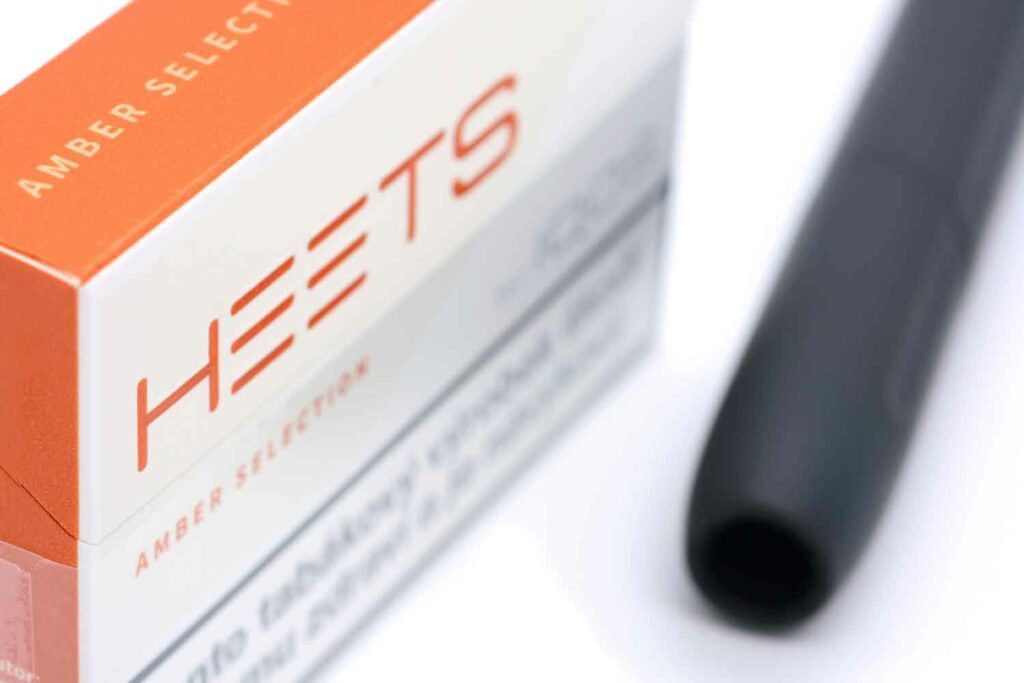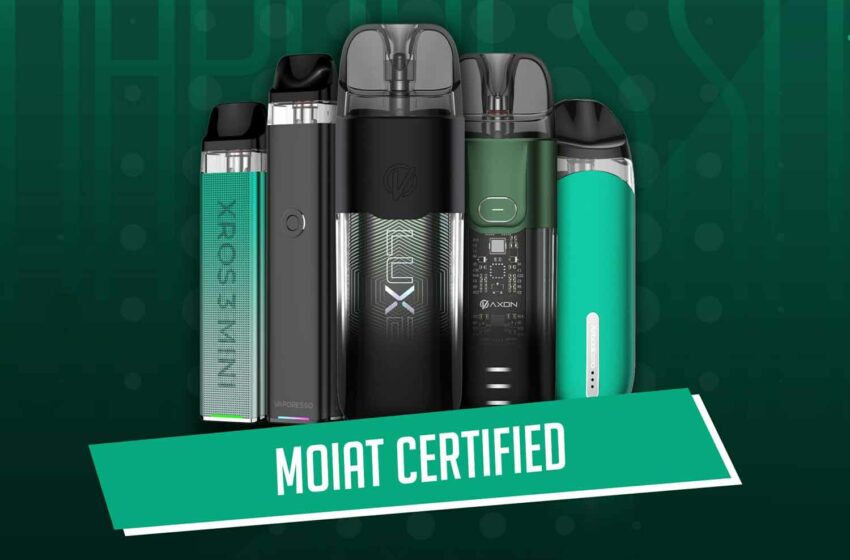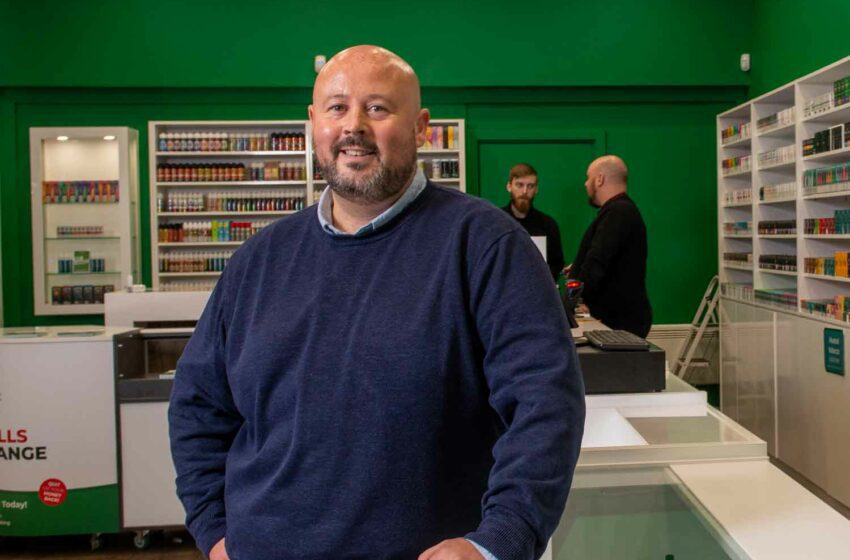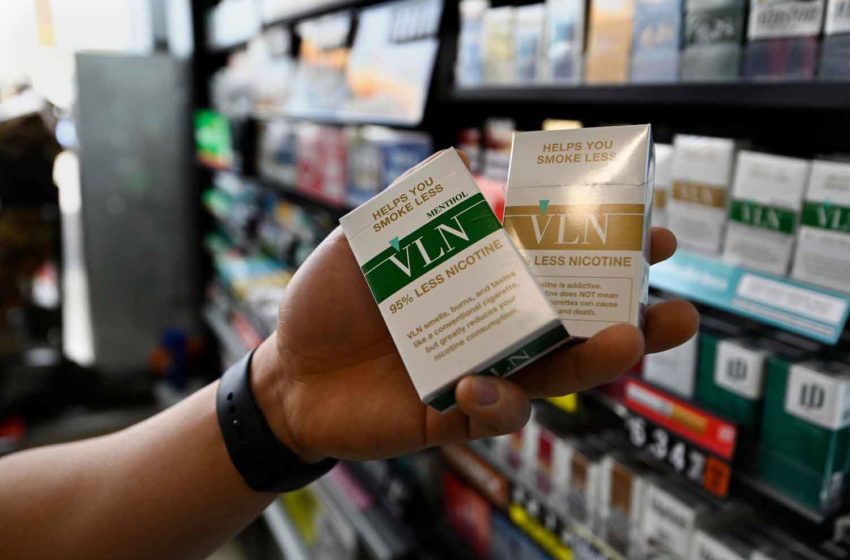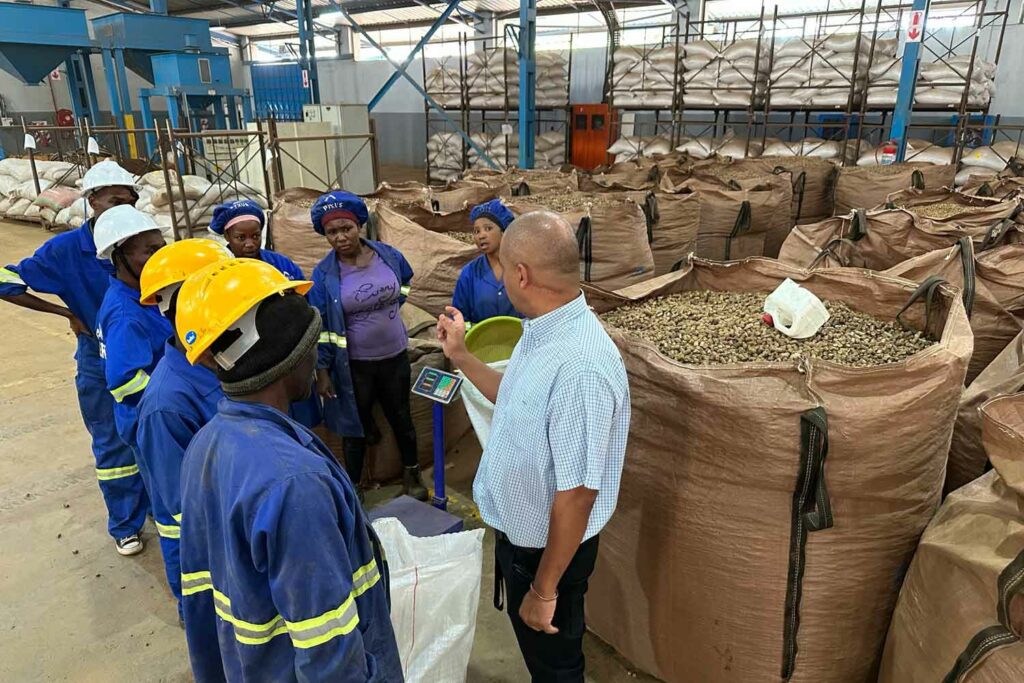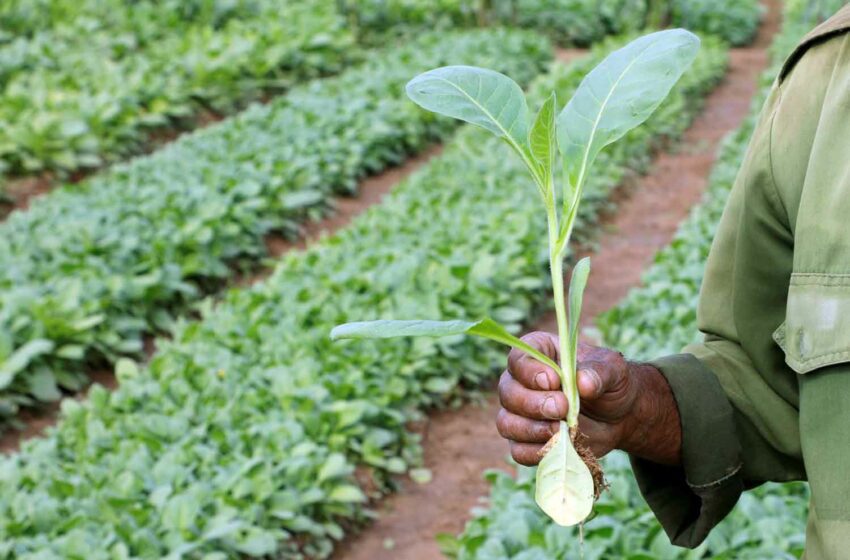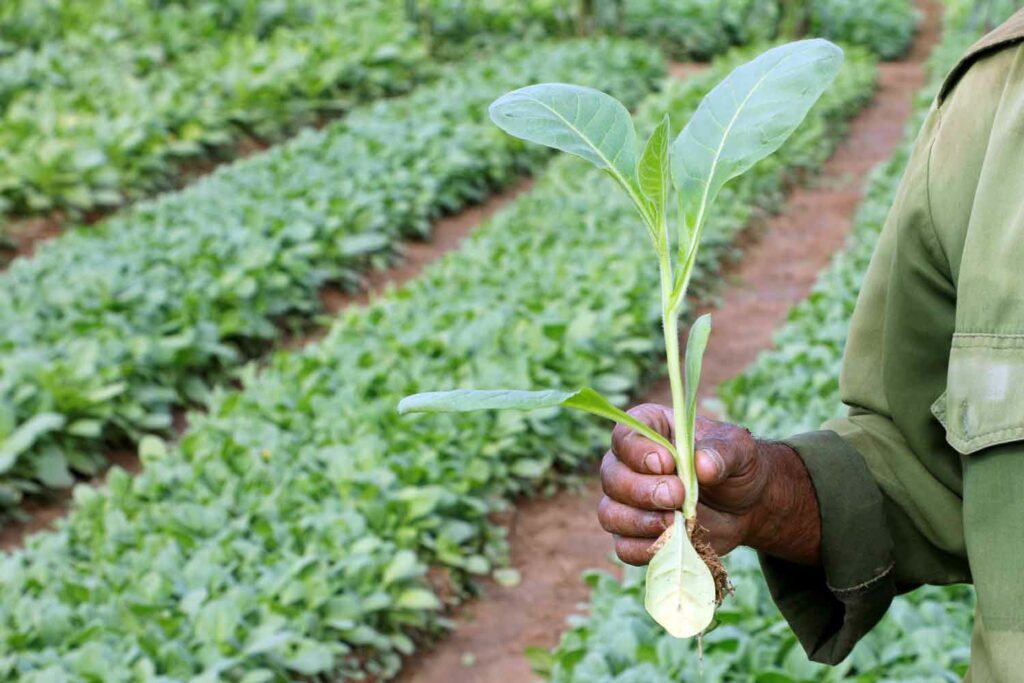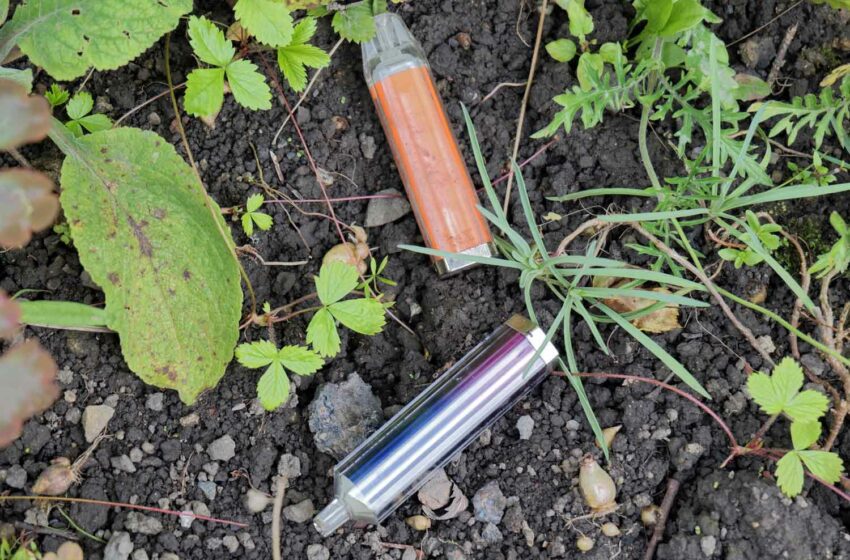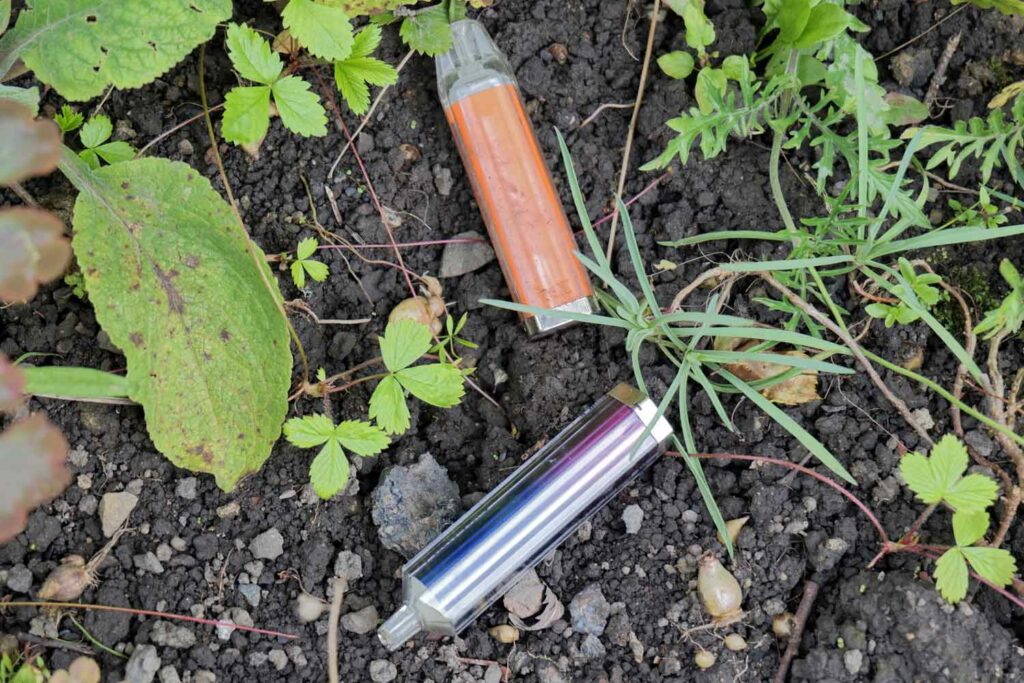The United Kingdom will likely announce a public consultation next week on a plan to ban single-use vapes, reports The Guardian. While the government has accepted the benefits of e-cigarettes in helping smokers quit, it is increasingly concerned about the environmental impact and youth appeal of disposable products.
Research conducted by Material Focus suggested vapers in the U.K. throw out 5 million single-use e-cigarettes every week, a fourfold increase on 2022. This amounts to eight vapes a second being discarded, with the lithium in the products enough to create 5,000 electric car batteries a year, according to the organization.
Smokers’ rights group Forest said that if the U.K. government’s aim is to reduce smoking rates, banning disposable vapes would be “a significant own goal.”
“Vaping has been a huge success story, with millions of smokers choosing to switch to a product that is far less risky to their health. Part of that success is due to disposable vapes which are convenient and easy to use,” said Forest Director Simon Clark.
“The answer to the problem of children vaping is not to ban a product many adults use to help them quit smoking, but to crack down on retailers who are breaking the law and selling e-cigarettes to anyone under 18.”
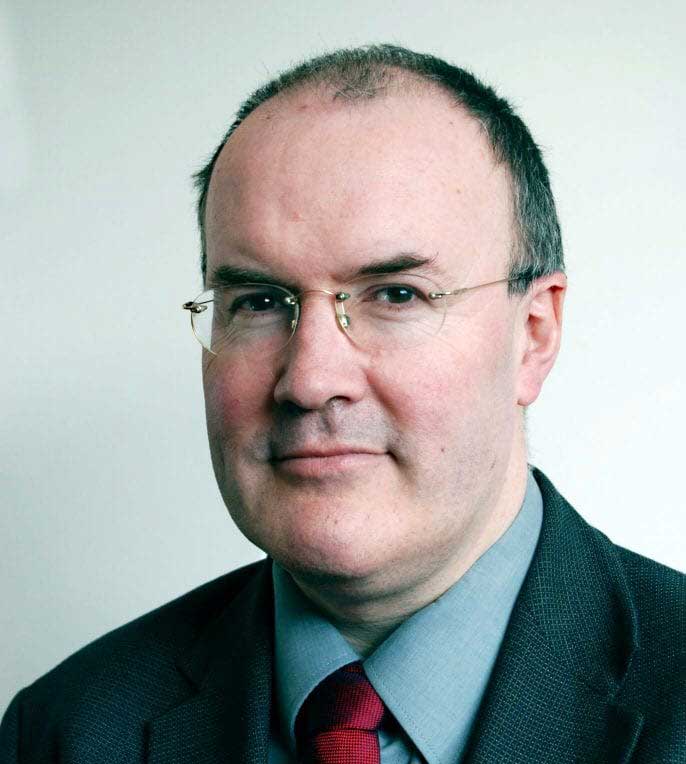
The answer to the problem of children vaping is not to ban a product many adults use to help them quit smoking, but to crack down on retailers who are breaking the law and selling e-cigarettes to anyone under 18.”
Simon Clark, director, Forest
While stressing that the plans to ban single-use vapes were only at the consultation stage and no decisions had been made yet, the U.K. Vaping Industry Association (UKVIA) said it too opposed the idea.
“We welcome the idea of a consultation on disposables as it’s key that the industry gets the opportunity to highlight the benefits, and therefore continued need, for single-use vapes as a smoking cessation method,” said UKVIA Director General John Dunne in a statement.
A ban, however, is not the answer, he cautioned. “Some 220 people die from smoking every day, 365 days a year,” said Dunne. “Disposables have proved to be highly effective in helping smokers quit their habits due to their ease of use, accessibility and low entry price points. They are one of the main reasons as to why the number of adult smokers in Great Britain has hit record lows for the last two years according to the Office for National Statistics.”
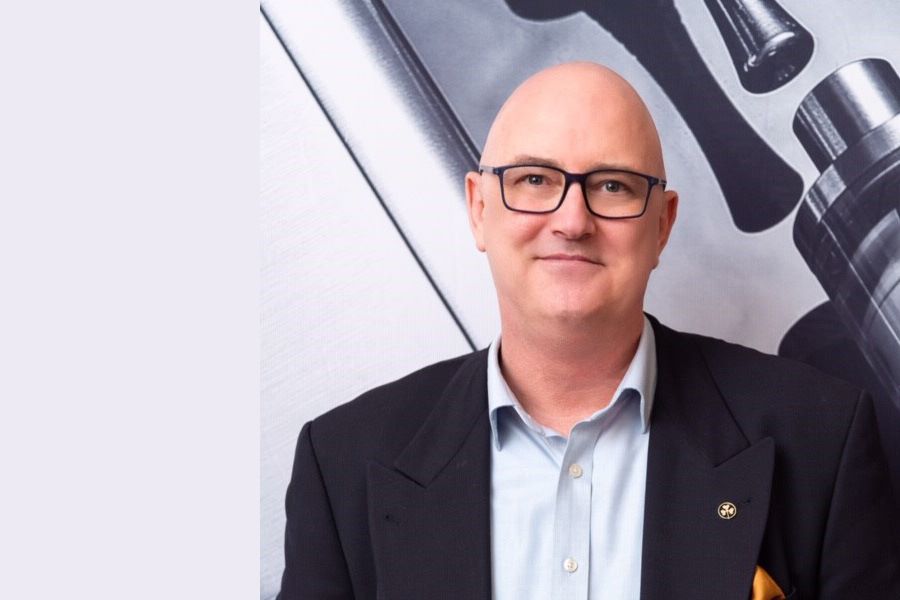
We welcome the idea of a consultation on disposables as it’s key that the industry gets the opportunity to highlight the benefits, and therefore continued need, for single-use vapes as a smoking cessation method.
John Dunne, Director General, UKVIA
Dunne suggested that the issues of youth vaping and environmental damage are due in part to lax enforcement of rules designed to prevent such problems. He pointed to recent research by Arcus Compliance showing that fines handed out to retailers for underage and illicit product sales amounted to just over £2,000 ($2,494) in 11 major provincial U.K. cities between 2021-2023.
Dunne also warned of unintended consequences of banning disposable vapes. According to him, the black market already represents over 50 percent of the single use market in the U.K. “This would only accelerate with a ban, he cautioned.
Dunne further highlighted industry efforts to tackle electronic waste, citing research by Waste Experts showing that disposable cigarettes are highly recyclable. “However, the biggest challenge is getting consumers to recycle their vapes and providing the waste disposal facilities in public places and at points of use that will enable higher recycling rates,” he said.
In a note to investors, TD Cowen said a ban on disposable vapes could benefit global tobacco companies with vapor exposure. While multinationals such as British American Tobacco and Philip Morris International have exposure to the disposable vape market in the U.K., category economics are more favorable for pod-based systems, according to the investment bank.

